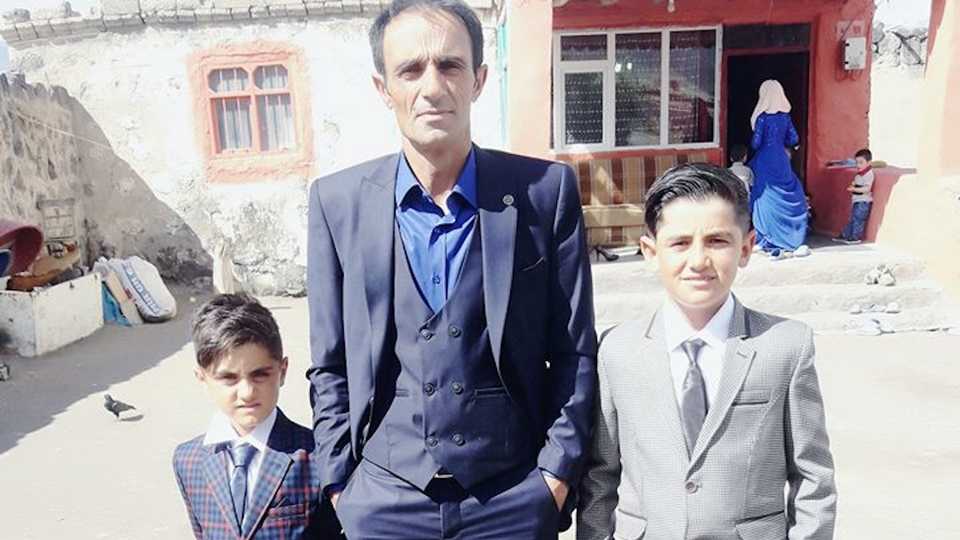
Mevlut Bengi, a 45-year-old father of eleven children, was a shopkeeper in Ciftlik village of Turkey’s eastern Agri province.
Registered as an AK Party ballot box observer for the June 24 presidential and parliamentary elections, Bengi went missing on polling day. His phone was switched off and no one could contact him.
The party offered another observer to fill in for Bengi at the voting centre.
Bengi’s family sought help from the police later in the day, as the voting was coming to an end.
Security forces launched a search operation in the area around his village and all the way up to the outskirts of Great Ararat, the highest mountain peak in Turkey. But they did not find any trace of Bengi.
His body was found two days later, tied to an electric pole in Yayginyurt village, which is about 20 kilometres from his home. He had been shot in the head.
“He was killed for being a spy for the government since 2015,” a note found near his dead body read.
Local media reported that Mevlut was kidnapped and tortured by the PKK members.
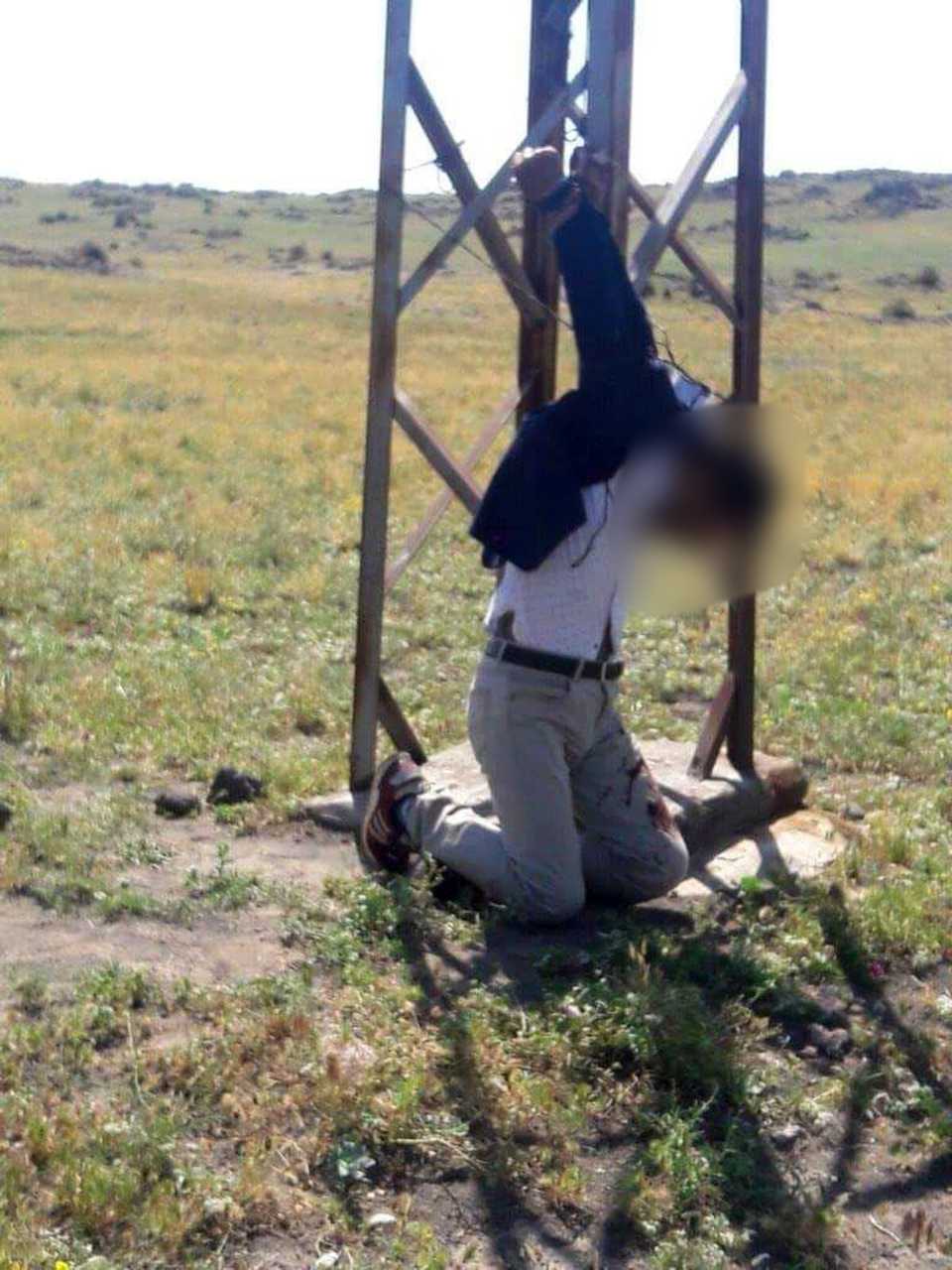
PKK claims responsibility
The HPG, a branch of the PKK terror organisation, claimed responsibility for the killing of Bengi on Saturday.
“Our forces arrested an individual named Mevlut Bengi … He confessed his guilt and our forces punished him on June 26,” the group said in a statement.
The PKK has waged an armed campaign against the Turkish state since 1984.
The group, which is listed as a terrorist organisation by Turkey, the US and the EU, has been responsible for killing over 40,000 civilians and security personnel.
Speaking to a crowd at a local AK Party branch in Istanbul on June 28, Turkish Interior Minister Suleyman Soylu questioned the role of the HDP in the election. “Why did the HDP lose a good portion of its votes in eastern and southeastern regions?” he said, referring to the HDP’s losing support in across eastern and southeastern Turkey in comparison to the 2015 parliamentary elections.
“They are trying to take revenge by terrorising locals in order not to face similar results again,” Soylu said.
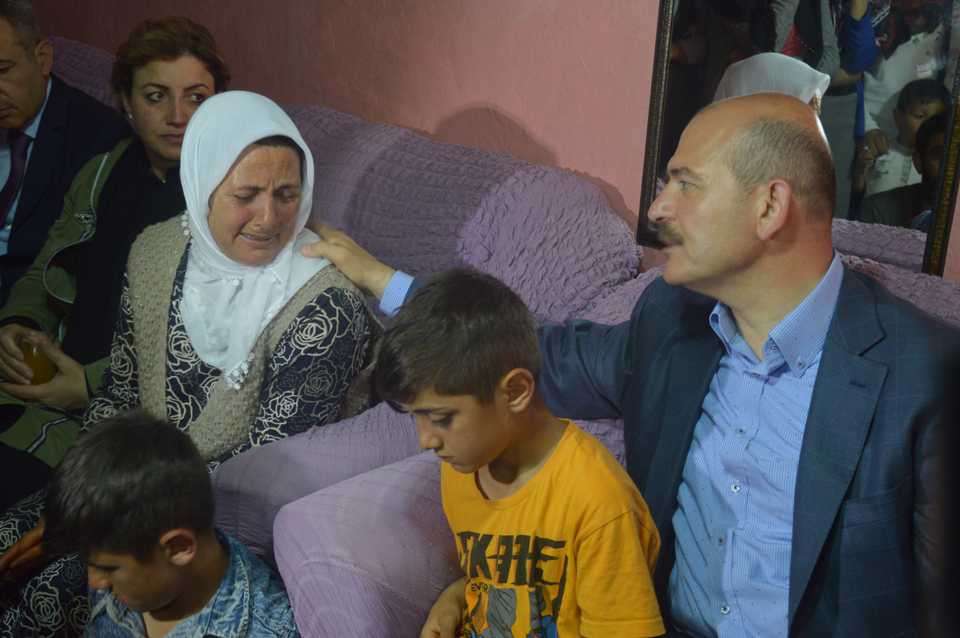
A mother doesn’t know Turkish
Bengi’s shop was so small that it didn’t even have a name. But it will now forever be remembered as Mevlut Bengi’s shop.
He couldn’t make ends meet through his shop, so he also worked as a shepherd.
Interior Minister Soylu visited Bengi’s house in Agri on Monday. He expressed condolences to Bengi’s wife, his mother and his eleven children, eight of whom are girls and three, boys.
During the visit, Soylu called President Recep Tayyip Erdogan on his mobile and passed the phone to Bengi’s wife, Fezile. Erdogan also offered his condolences to Fezile.
The Turkish president then spoke to Bengi’s mother Hanim, who only speaks Kurdish. Her words were translated into Turkish for the president by the murdered grocer’s girl, Ceylan.
Erdogan said that he would visit them after an oath-taking ceremony in parliament.
Hanim demanded revenge for his son’s killing.
“If we don’t make the murderers of our brother Mevlut pay what they did, the orphaned children of him will complain about us on Judgement Day,” Soylu said on his Twitter account on Monday.
Mevlüt kardeşimizin kanı eline bulaşan teröristlerden, destekçilerinden ve terörizme moral verenlerden hesabını sormazsak, yetim kalan evlatlarının iki cihanda da elleri yakamızda olsun pic.twitter.com/4fH8j2nzq6
— Süleyman Soylu (@suleymansoylu) July 2, 2018
HDP co-leader Pervin Buldan said last week that Soylu had called her to blame her party for Bengi’s murder and threatened her.
She quoted the minister as saying “we will find the terrorists who killed Mevlut Bengi even if it means to bring this village down.”
Soylu confirmed the phone call and he said that he was harsher than she recounted.
“I told her that the PKK and the HDP were the instigators of this murder, and they (HDP members) won’t call me under any circumstances in the future,” Soylu said, adding that he didn’t threaten Buldan personally.
Relying on the YPG/PKK
The government and many political parties in Turkey’s political arena say the HDP is the political arm of the PKK. However, the party denies having ties to the group.
The HDP’s former co-leaders Selahattin Demirtas and Figen Yuksekdag are in jail awaiting trial on PKK-related charges.
In October 2014, Selahattin Demirtas, the party’s then co-chairman, called on his supporters to take to the streets in support of the YPG, which is the Syrian branch of the PKK and was besieged by the Daesh group in Ayn al Arab (Kobani) at that time.
The rallies soon turned into attacks on members of HDP’s conservative rival Huda Par by the youth arm of the PKK, YDG-H, and more than 50 people were killed during the protests.
In a reply to the HDP’s having ties with the PKK, Yuksekdag, former co-leader of the party who served alongside Demirtas, has said that the HDP “relies on the YPG” which has been armed and supported by the United States under the pretext of fighting Daesh for years.
“We have captured some weapons, US provided to the YPG, from the PKK members recently,” Soylu said in an interview with a private TV channel on Monday.
Death to critics
The PKK’s targeting its critics and rival party members is not new.
On June 16, 2017, the PKK killed a teacher, named Necmettin Yilmaz, who was travelling to his hometown of Gumushane, a city in northern Turkey, when his vehicle was stopped and he was shot to death on the Dersim-Erzincan highway.
The 23-year-old teacher’s car was also set ablaze by the terrorists.
Five days later, the HPG said in a statement published online that it “punished” the teacher as he “co-operated with the enemy.”
Aydin Ahi, who was AK Party’s deputy chairman of the Ozalp district in Van, was kidnapped, tortured and shot dead on July 1, 2017.
“We punished a collaborator with the AK Party,” the HPG said in a statement two days later.
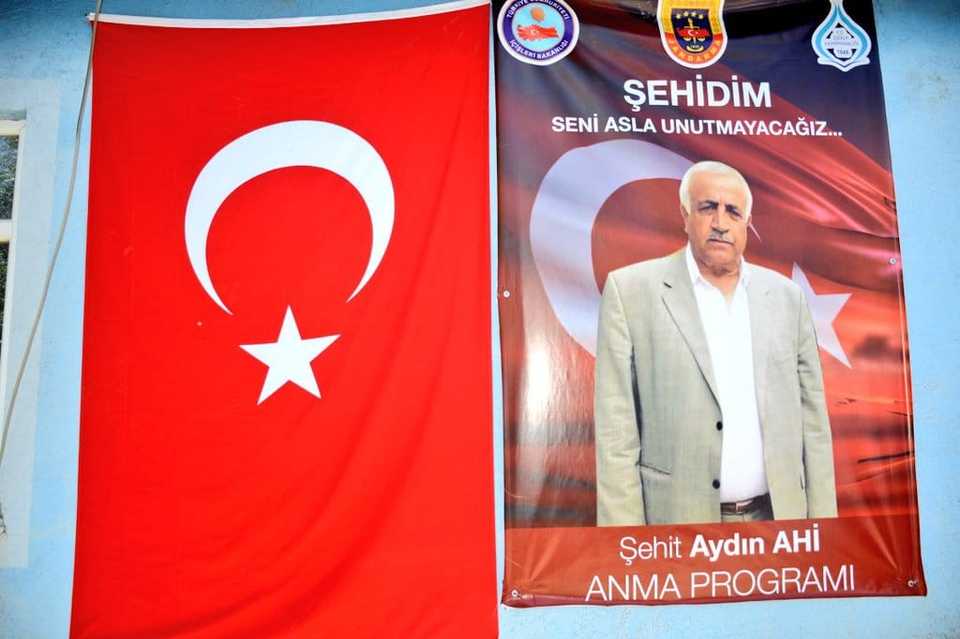
At least 36 PKK terrorists were “neutralised” during anti-terror operations across Turkey in the past week, the Turkish interior ministry said on Monday in a statement.
Turkish authorities often use the word “neutralised” in their statements to indicate the those were killed, captured or surrendered.
“21 terrorists were killed, four were captured and 11 surrendered to authorities, during the anti-terror operations,” the statement said.
“We have to secure our democracy, and we will continue our anti-terror operations within and outside of the country,” Soylu added.

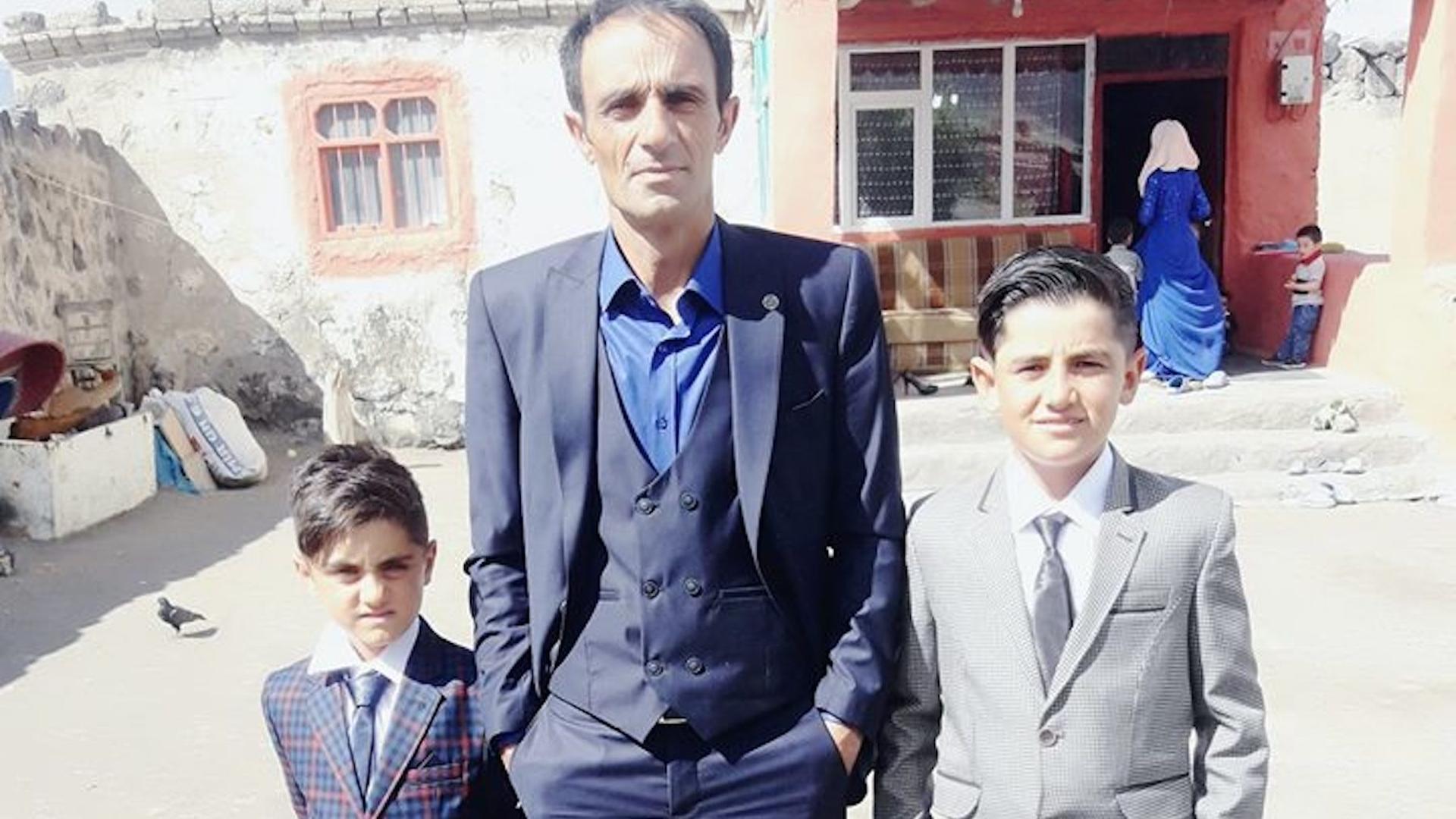








Discussion about this post